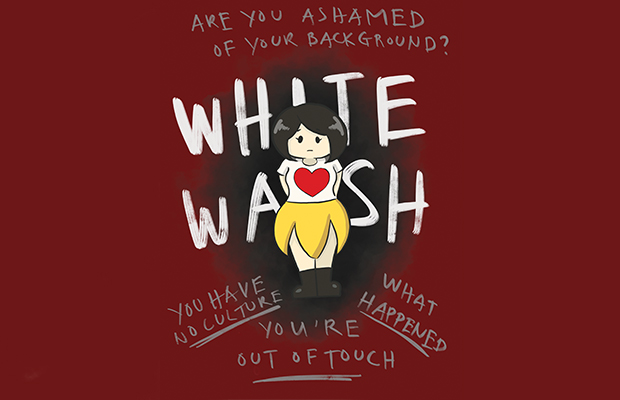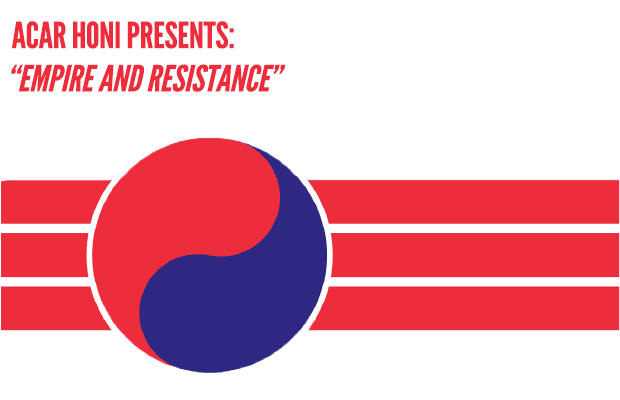The freedom of being a third culture kid
Personal journeys of self-acceptance look different for those between cultures
It still surprises me how often I can casually use the term ‘ABC’ and receive a blank stare in return. Australian-born Chinese form a significant portion of our community and yet many out there remain oblivious to such cultural nuances. With this lack of cultural awareness still prevalent, you can imagine then, that when I go around introducing myself as a Third Culture Kid (TCK), most people have never heard of this term at all.
A TCK is a person raised outside of their parents’ culture or the culture of their official nationality, who does not relate to the culture of the country they grew up in.
For TCKs like me, “where are you from?” is a loaded question.
I will typically respond with a short “I’m from Hong Kong.” Yet this picture is a less than accurate sketch. My struggle with my identity has been a confusing journey with no shortage of sore points.
While my parents grew up in Malaysia and hold Malaysian passports, I am ethnically part Chinese and Japanese. If that wasn’t a mouthful, once I add that I grew up in a predominantly expat community in Hong Kong and attended international school all my life, my cultural heritage tends to disorient most people that I meet. That invariably leads to false conceptions of my identity founded on comfortable and familiar stereotypes. TCKs are prevented from easily giving voice to their origin stories, and are severed from the roots of a precise nationality, a home.
Wherever I go, I have often felt and been treated as an outsider. Comments on my accent have in the past sent me spiralling into a state of unease and insecurity with my identity. When I meet a Hong Konger for example, they label me as an ‘overseas Chinese’ from Malaysia. While I was born in Hong Kong and am a permanent resident there, I have never truly felt like a ‘local’ in my own home city. When I visit extended family in Malaysia, they are quick to point out my apparently ‘British’ accent and consider me a guai mui (Cantonese slang for ‘foreign girl’). Comments like this, while unintentional, have been hurtful and sparked a lot of resentment and dissociation with my cultural identity.
I meandered between different cultural groups throughout primary and high school. At one point, I pretended to be a K-pop, J-pop and even Canto-pop aficionado. I watched K-dramas with my friends during lunch break, while in my head I wondered why most of the actors that my friends were fangirling over just looked unattractive to me. Back in the days when cable TV was my go-to entertainment, I remember begging my parents not to unsubscribe to Disney Channel, FOX and the Travel Network. I would watch American Idol as frequently as Fawlty Towers and Little Britain.
It was during high school that I first came across the term Third Culture Kid and I didn’t think much of it at the time.
The decision to identify as a TCK actually occurred after moving to Australia. I realised that the non-judgemental, unassuming acceptance I had received within the expat community I grew up in was something truly unique. Elsewhere, it seems that people quickly categorise a new face as either ‘one of us’ or ‘one of them’, local or foreigner. I have been assumed by many to be Australian, just because I don’t have an ‘international student accent,’ and I share similar, westernised traits with them. But obviously, to say I’m an ABC would be incorrect.
To live authentically, for me, has meant accepting my roots as a TCK. While my younger self felt constantly torn between differing cultures, having the freedom to pick and choose from my own mixed bag of traditions has been the most rewarding experience. Some laugh at the notion of calling themselves global citizens, but to me, seeing myself as a TCK has allowed me the freedom to embrace my whole identity, and not yearn for what others have.





